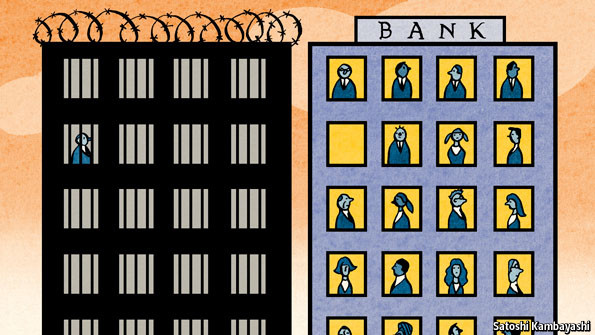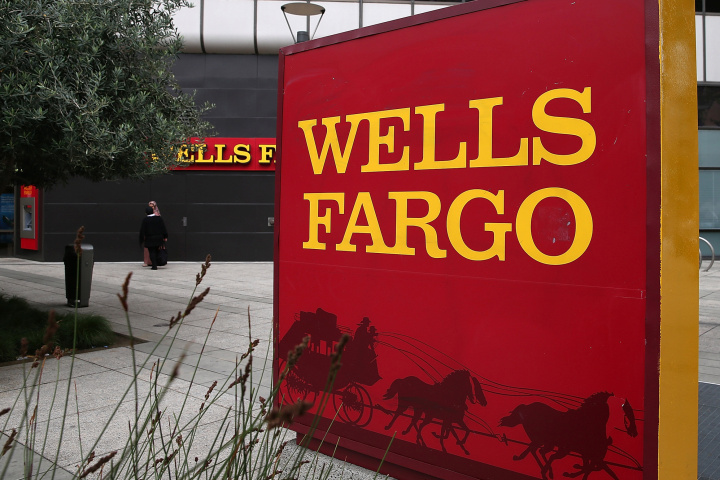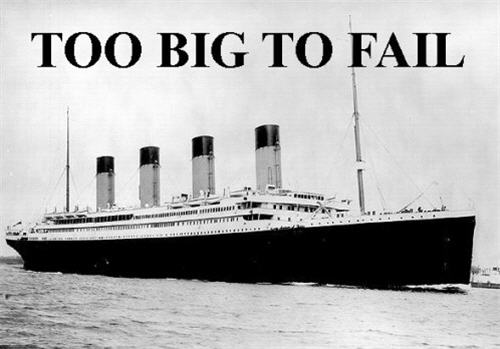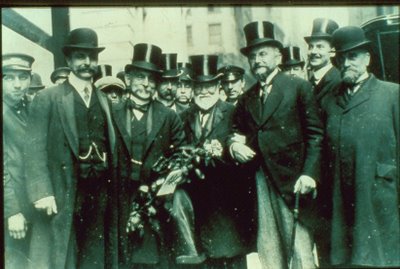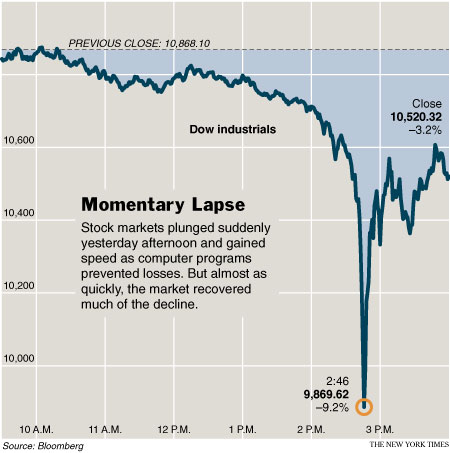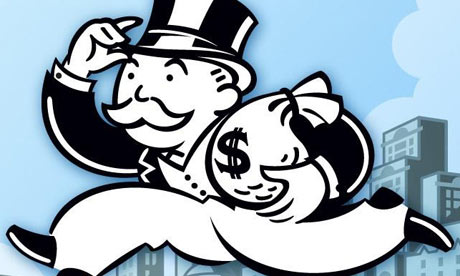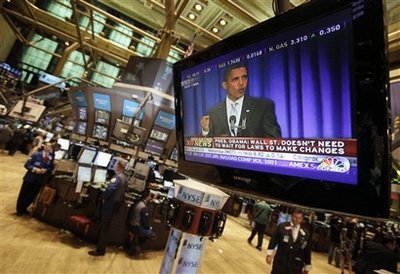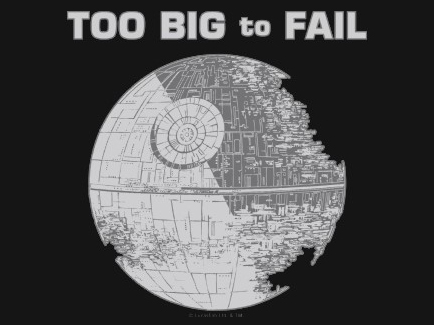 “Today, the nation’s four largest banks — JPMorgan Chase, Bank of America, Citigroup and Wells Fargo — are nearly $2 trillion larger than they were before the crisis, with a greater market share than ever. And the federal help continues — not as direct bailouts, but in the form of an implicit government guarantee. The market knows that the government won’t allow these institutions to fail. It’s the ultimate insurance policy — one with no coverage limits or premiums.”
“Today, the nation’s four largest banks — JPMorgan Chase, Bank of America, Citigroup and Wells Fargo — are nearly $2 trillion larger than they were before the crisis, with a greater market share than ever. And the federal help continues — not as direct bailouts, but in the form of an implicit government guarantee. The market knows that the government won’t allow these institutions to fail. It’s the ultimate insurance policy — one with no coverage limits or premiums.”
Joining ranks across the partisan divide, Senators Sherrod Brown and David Vitter introduce legislation aimed at ending Too Big To Fail: “The senators want the major banks to increase their own tangible equity so that shareholders, and not just taxpayers, take responsibility for their risky actions. They want the banks to have greater liquidity by holding more assets they can immediately turn into cash in a financial crisis. They say they want to keep Wall Street banks that enjoy government backing from gaming the financial system with credit derivatives and other risk-inflated schemes, which even JP Morgan Chase’s own employees failed to catch until too late.”
Naturally, the banks will be fighting this with everything they have, and Goliath usually wins these fights in Washington. They’re already leaning on one of their favorite Senators, Chuck Schumer, to block Brown from ascending to Chair of the Senate Banking Committee. Nonetheless, the progressive-conservative alliance here suggests, at the very least, a new wrinkle in the game.
In related news, companies are also wheeling out the Big Guns to threaten the Securities and Exchange Commission over potential new corporate disclosure rules for political spending — namely, making businesses disclose their campaign donations to their shareholders. Seems innocuous enough, but of course, “[t]he trade associations lining up in opposition to the rule amount to a roll call of the most politically influential — and highly regulated — industries in the country.”
